Glibenclamide .
Product Details:
- EINECS No 233-456-9
- HS Code 29242190
- Taste Odorless
- Molecular Weight 494.01 Grams (g)
- Heavy Metal (%) Not more than 10 ppm
- Loss on Drying not more than 0.5%
- Molecular Formula C23H28ClN3O5S
- Click to View more
Glibenclamide . Price And Quantity
- 2800.0 INR/Kilograms
- 25 Kilograms
Glibenclamide . Product Specifications
- 233-456-9
- 29242190
- 10238-21-8
- Odorless
- not less than 98%
- Glibenclamide
- C23H28ClN3O5S
- No Smell
- CH3 | Cl-C6H4-SO2-N-C(=O)-N-C5H4SO2 | (Cyclohexylmethylthio group)
- not more than 0.5%
- Glibenclamide (also known as Glyburide) is primarily used in the management of type 2 diabetes. Here are its main uses: Type 2 Diabetes Management: It is used to lower blood sugar levels in people with type 2 diabetes by stimulating the release of insulin from the pancreas. This helps improve the body's ability to utilize glucose. Combination Therapy: Glibenclamide can be used alone or in combination with other antidiabetic medications, such as metformin, when blood sugar levels are not adequately controlled with a single medication. Hyperglycemia: It helps in controlling hyperglycemia (high blood sugar) by increasing insulin sensitivity and decreasing hepatic glucose production. Note: It is generally not recommended for use in people with type 1 diabetes or diabetic ketoacidosis due to its mechanism of action, which requires functioning pancreatic beta cells to release insulin. As with all medications, it should be taken under the guidance of a healthcare professional to ensure proper dosage and monitoring of blood sugar levels
- 1-[[[4-(Cyclohexylmethylthio)-3-methylphenyl] sulfonyl]amino]-3-pyridinesulfonyl]urea.
- 494.01 Grams (g)
- Powder
- Not more than 10 ppm
- Medicine Grade
- 50 to 150 micrometers
- It is slightly soluble in water
- Room Temperature
- White or almost white crystalline powder
- 3 Years
- Pharmaceutical Intermediates
- 168 171 C
- 4.5 to 7
Glibenclamide . Trade Information
- mumbai
- Cash Against Delivery (CAD), Days after Acceptance (DA), Letter of Credit at Sight (Sight L/C), Letter of Credit (L/C)
- 1000 Kilograms Per Day
- 7 Days
- No
- Free samples are available
- drum or bag packing
- Asia, Australia, Central America, North America, Africa, South America, Eastern Europe, Western Europe, Middle East
- WE PROVIDES ALL KIND OF CERTIFICATIONS AS YOU REQUIRED
Product Description
Glibenclamide in the offering is of high quality and highly demanded for its purity and effectiveness. It is safely packaged and supplied within India as well as outside India. Diabetes mellitus type two is treated with Glibenclamide, also called glyburide. Diet and exercise are recommended in conjunction with this supplement. It may be combined with other antidiabetic medications. It should not be used by itself for diabetes mellitus type 1. Your pancreas produces more insulin when you take glibenclamide. Sugar levels in your blood are reduced by this.
Technical Specifications:
- CAS ID: 10238-21-8
- Formula: C23H28ClN3O5S
- Molar mass: 494.004 g/mol
- Synonyms: Glyburide
- melting point: 169 C
- Boiling point : 705.770.0 C at 760 mmHg
- Purity: 99.0%
- Glibenclamide increases insulin production in the pancreas. Your blood sugar is reduced as a result.
- The drug acts by inhibiting the ATP-sensitive K+ channels, which results in insulin secretion and depolarization of cells. Additionally, the drug can have extrapancreatic effects on the liver, heart muscles, skeletal muscles, and smooth muscles.
Applications Or where it is used:
Type 2 diabetes mellitus is treated with glibenclamide. When combined with nutrition and exercise, this antidiabetic medication controls blood sugar levels in adults with type 2 diabetes. The pancreas releases more insulin to lower blood glucose levels.
How to use:
- Type 2 Diabetes Mellitus
- Regular tablets:
- Initial: 2.5-5 mg PO qDay
- Maintenance: 1.25-20 mg PO qDay or q12hr
- Do not exceed 20 mg/day
- Administer q12hr for doses 10 mg/day
- Transferring from insulin therapy to glyburide
- -Current insulin dose 20 units: Stop taking insulin and start glyburide dose at 2.5-5 mg/day (regular) or 1.5-3 mg/day (micronized)
- -Current insulin dose 20-40 units: Stop taking insulin and start glyburide dose at 5 mg/day (regular) or 3 mg/day (micronized)
Glyburide must not be taken by anyone who is allergic to it or has any other allergies. There may be inactive ingredients in this product that may cause allergic reactions. More information can be obtained from your pharmacist. Due to lower or higher blood sugar levels, you may experience blurred vision, dizziness, or drowsiness. It is not safe to drive, operate machinery, or perform any other activity that requires alertness or vision clarity until you are sure you can perform such activities safely. Drinking alcohol can increase your risk of low blood sugar when taking this medication. Sometimes alcohol interacts with glyburide and causes a serious reaction, which can cause symptoms like nausea, dizziness, or vomiting.

Price:
- 50
- 100
- 200
- 250
- 500
- 1000+

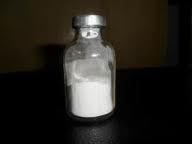
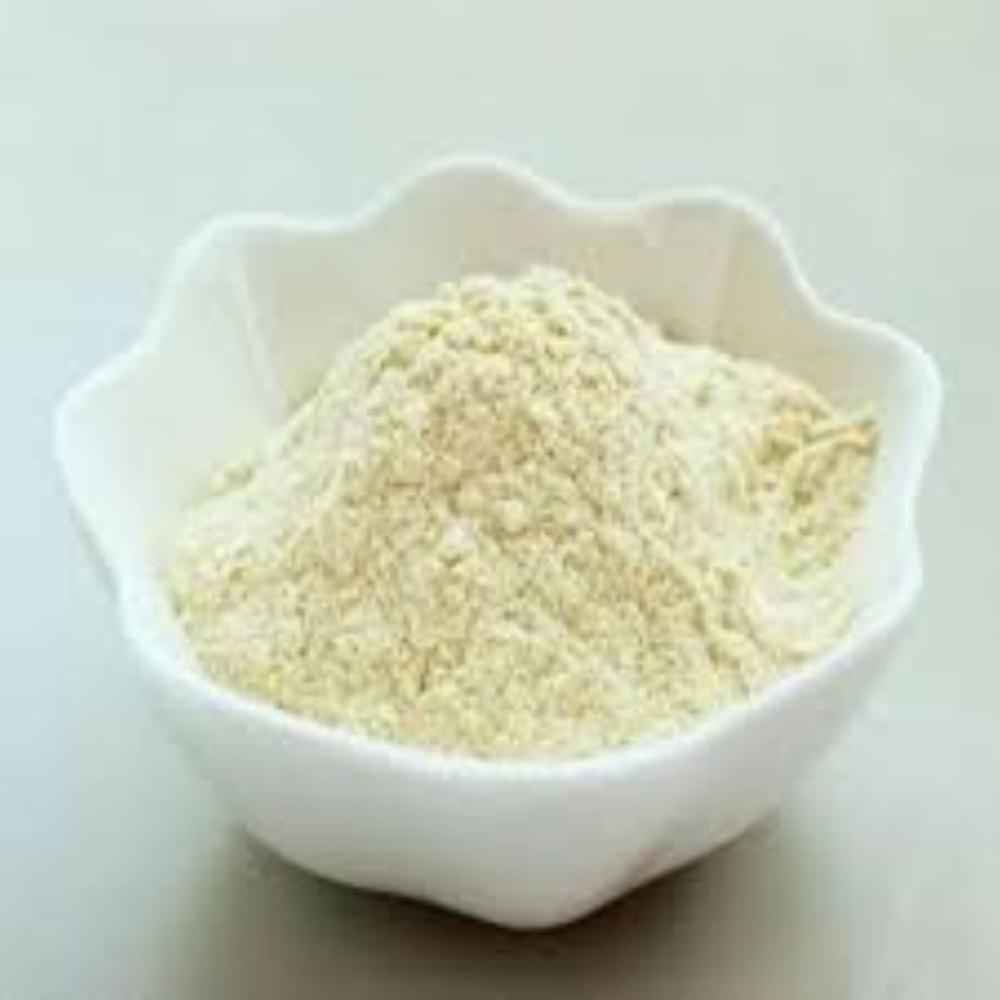
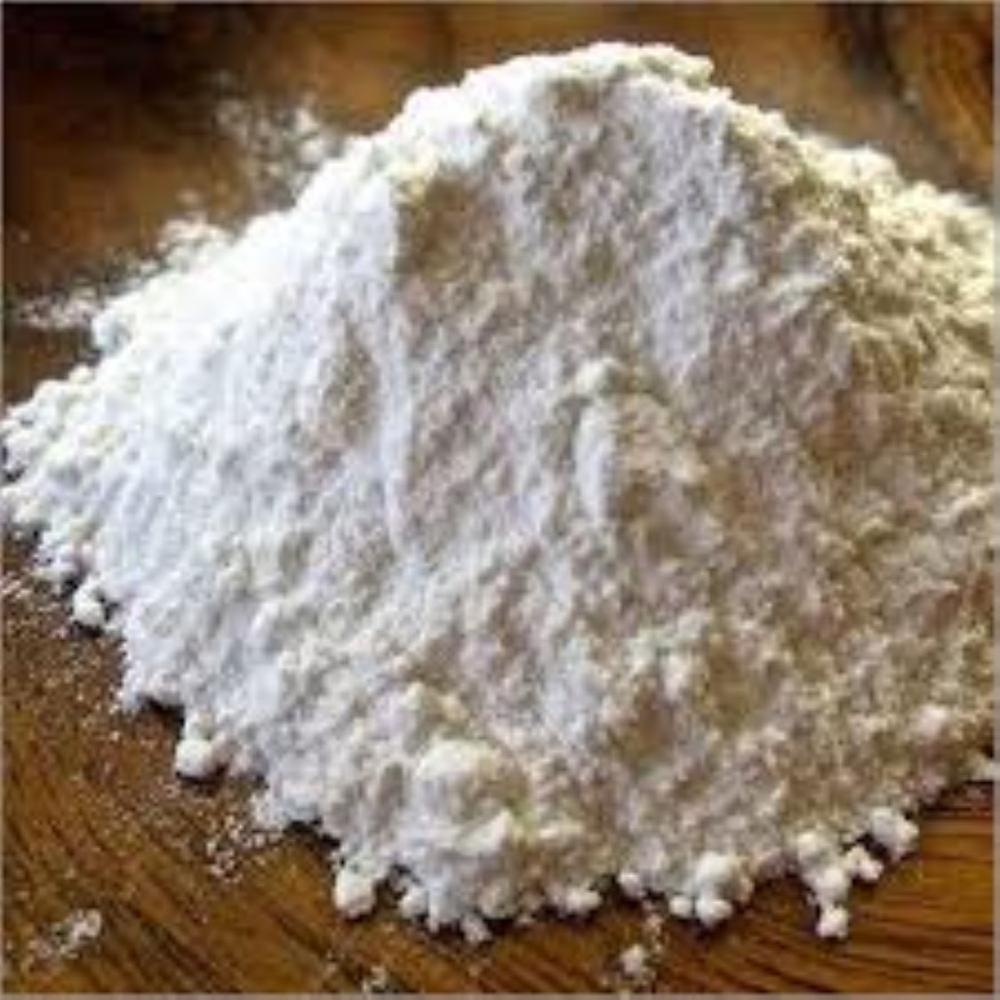




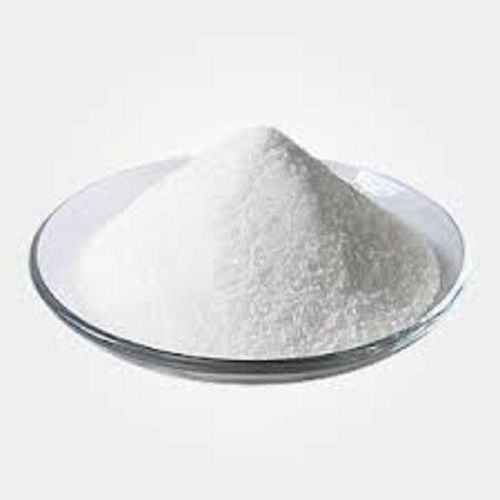

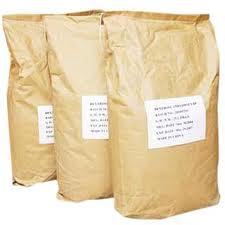
 : nilesh.sheth70
: nilesh.sheth70
